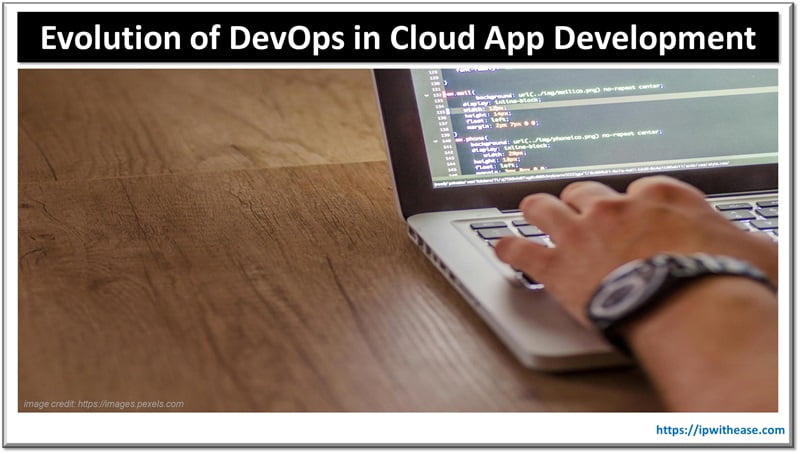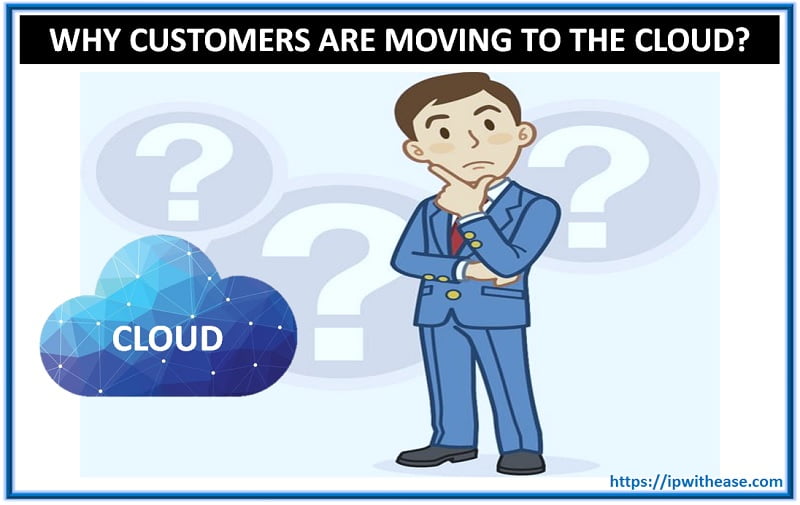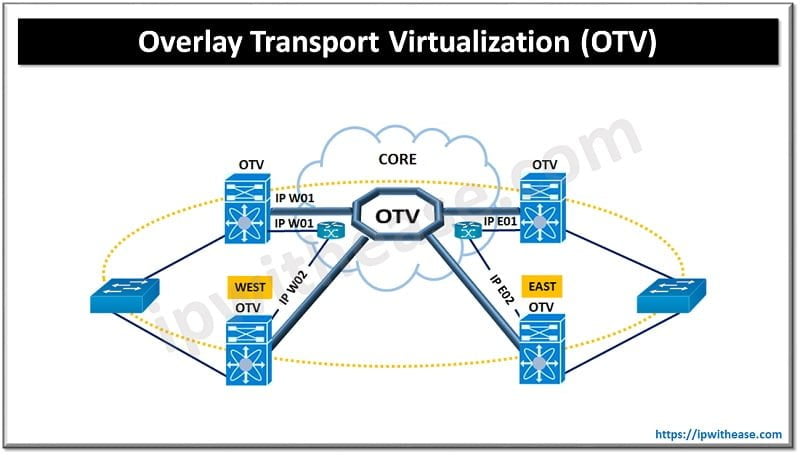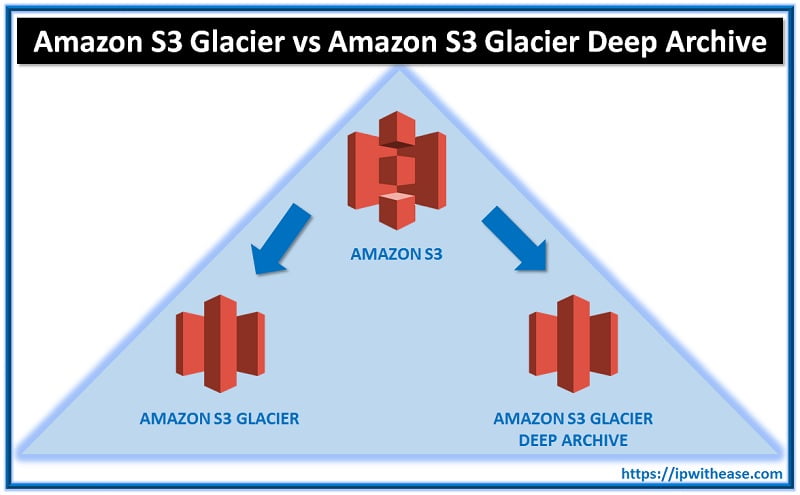Table of Contents:
In today’s software development world, the DevOps movement stands out as a game changer bridging the gap between development and operations teams. This collaboration aims to boost teamwork, streamline operations and speed up software delivery. With the rise of cloud computing, DevOps has gained a partner that has propelled its growth and reshaped the landscape of application development.
In this blog, we will understand how the collaboration of Cloud and DevOps shape application development practices.

History of DevOps
DevOps was born to address the challenges in software development cycles marked by timelines, operational inefficiencies and poor team collaboration. The objective was to foster a culture and processes that promote teamwork, speed up processes and enhance reliability in software development.
Cloud Computing & Transformation
Cloud computing provides access to computing resources, scalability and adaptability. The cloud provided a platform for DevOps to flourish by offering tools and services, for
- automating tasks,
- managing infrastructures and
- deploying applications swiftly
The use of cloud technology has not only made it easier to implement DevOps strategies, it has also sped up its development turning it into a crucial aspect of creating cloud based applications.
Connection Between DevOps & Cloud Computing
- Quicker Deployment Processes – Cloud services offer a range of tools that automate stages of the development process, such, as integration and delivery (CI/CD) automated testing and deployment. This automation lies at the heart of DevOps, enabling teams to release code faster and more frequently.
- Collaboration – Cloud platforms create a space where developers and operations teams can collaborate more efficiently. Features like real time monitoring, log management and collaborative coding environments promote transparency and shared responsibility within teams.
- Adaptability – By combining DevOps principles with the scalability of cloud services organizations can swiftly adjust to changing requirements. Teams can allocate resources on demand, test functionalities and scale applications without being limited by infrastructure.
- Efficient Cost Management – The pay as you go model offered by cloud services complements DevOps focus on efficiency perfectly. Organizations can streamline costs by automating resource management ensuring they only pay for what they utilize while minimizing wastage.
- Enhanced Quality – The continuous testing and monitoring practices, which are core components of DevOps are bolstered by cloud technologies. This not ensures application deployment but also guarantees that the applications adhere to high standards of quality and reliability.
Prospects: DevOps and Cloud Computing
With the progress into the custom cloud application development, DevOps faces challenges like
- security issues,
- regulatory compliance concerns and
- the necessity for shifts.
Nonetheless these challenges also bring forth opportunities for advancement fostering innovations in security measures, governance frameworks and organizational adaptability.
The fusion of emerging technologies such as Artificial intelligence (AI), machine learning (ML) and Internet of Things (IoT) with DevOps practices and cloud computing holds promise for exploring new horizons, in application development. These technologies have the potential to automate development processes, further enhance predictive analytics capabilities and facilitate the creation of adaptive applications.
Final Words
The core values of DevOps, coupled with combined with the power of cloud technology, offer a roadmap to success. DevOps and cloud tech aren’t trends; they’re transformative powers reshaping how we construct, release and oversee applications. This partnership thrives on support, where cloud platforms provide the stage for DevOps practices to excel. This synergy enables applications to be created, tested and launched quicker and more reliably than before.
Continue Reading:
Continuous Integration and Deployment with Azure Pipelines
Understanding the Key Differences Between Agile & DevSecOps
How to Choose the Right Cloud Platform for Your Software Development Needs?
ABOUT THE AUTHOR
IPwithease is aimed at sharing knowledge across varied domains like Network, Security, Virtualization, Software, Wireless, etc.



